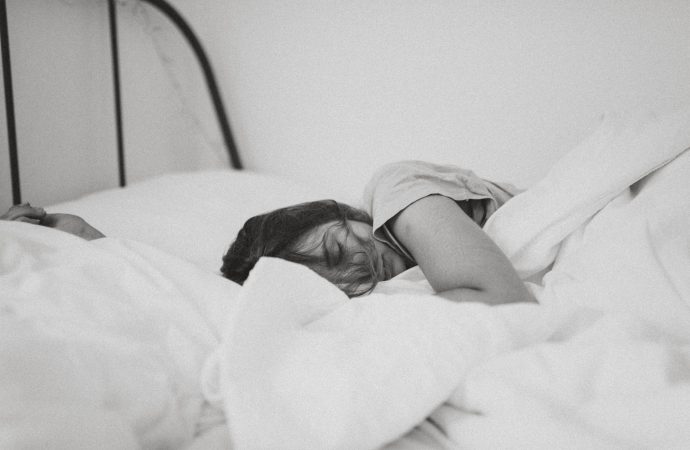Introduction: Sweating is a natural physiological process that helps regulate our body temperature. However, experiencing excessive sweating during sleep can be concerning for many individuals. As a journalist, I sought expert medical perspectives to understand the underlying causes, potential health implications, and management strategies for sweating while sleeping. Understanding the Physiology of Sweating Sweating is
Introduction:
Sweating is a natural physiological process that helps regulate our body temperature. However, experiencing excessive sweating during sleep can be concerning for many individuals. As a journalist, I sought expert medical perspectives to understand the underlying causes, potential health implications, and management strategies for sweating while sleeping.
Understanding the Physiology of Sweating
Sweating is the body’s way of cooling down when we’re too warm. It is a normal process that occurs when sweat glands in the skin produce sweat, which then evaporates, helping to regulate body temperature. Sweating can be triggered by various factors, including physical activity, warm weather, and emotional stress. However, sweating excessively during sleep, also known as night sweats, may indicate an underlying medical condition.
Medical Causes of Sweating While Sleeping
Night sweats can be caused by a wide range of medical conditions. These may include hormonal imbalances, such as menopause in women or hormonal disorders like hyperthyroidism; infections, such as tuberculosis or HIV; medications, including some antidepressants or hormonal therapies; metabolic disorders, such as diabetes or hypoglycemia; and sleep disorders, such as sleep apnea or night sweats associated with nightmares. It is crucial to consult a medical professional for an accurate diagnosis if experiencing persistent night sweats.
Potential Health Implications of Sweating
While Sleeping While sweating while sleeping may not always indicate a serious medical condition, it can have potential health implications. It can disrupt sleep patterns, leading to poor sleep quality, daytime fatigue, and decreased quality of life. Night sweats can also cause discomfort, embarrassment, and anxiety, affecting an individual’s physical and emotional well-being. Identifying and addressing the underlying cause of night sweats is essential to prevent potential health consequences.
Management Strategies for Sweating While Sleeping
The management of night sweats depends on the underlying cause. It is essential to work closely with a healthcare professional to determine the most appropriate treatment plan. This may include lifestyle modifications, such as avoiding triggers like hot drinks or spicy foods before bedtime, maintaining a cool sleep environment, and using breathable bedding and sleepwear. In some cases, treating the underlying medical condition, such as hormonal therapy for menopause or medication adjustments for hormonal imbalances, may be necessary. Psychological support, such as stress management techniques or counseling, may also be beneficial for night sweats associated with emotional stress or nightmares.
Conclusion:
Sweating while sleeping can be a distressing experience that warrants attention and investigation. By understanding the physiological process of sweating, recognizing potential medical causes, and implementing appropriate management strategies, individuals can seek expert medical guidance and take steps towards improving their sleep quality and overall well-being. As a journalist, my responsibility is to provide accurate and reliable information from expert medical perspectives to help readers better understand and manage this health concern.

















Leave a Comment
Your email address will not be published. Required fields are marked with *